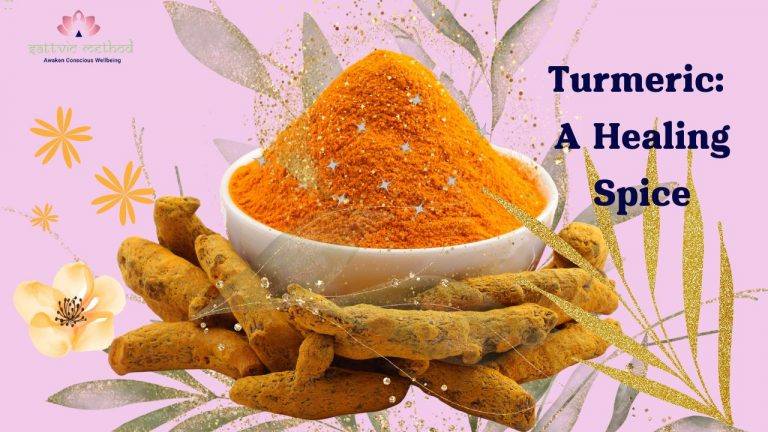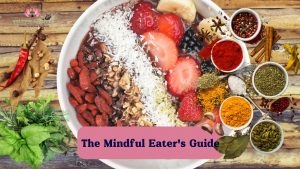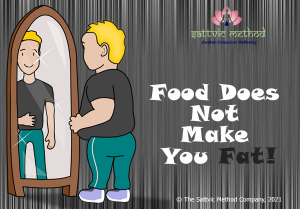
Growing up, I saw turmeric used for numerous purposes around the home.
We used it to drive away ants and other insects. We used it as beauty aid. Our kumkum, the red dot between our eyebrows, was made with turmeric.
Follow the video to make kumkum at home.
We ate turmeric when we were sick. We ate turmeric when we celebrated. Our thanksgiving, Pongal, festival was incomplete without live turmeric plant. We offered turmeric in worship. We gave turmeric to ladies when they visited the home. I cannot recall a time when turmeric was not a part of my life.
Turmeric is a safe and effective spice for most people. It is easy to use this spice everyday by adding turmeric to your diet. Here are some ways to add turmeric to your diet:
- Add turmeric powder to your food.
- Make turmeric poultice or face mask.
- Drink turmeric tea.
- Apply turmeric cream to your skin.
Turmeric is a powerful herb with many health benefits. Adding it to your diet is a great way to improve your overall health.
As a child, my fascinating memories and science learning moments were when I used turmeric. I grated the dried stick on a stone and rubbed it all over my face! And then, I washed the white petticoat over it with a bar of detergent. The petticoat would go from white to yellow to red to an awkward white when I washed off the soap. Gratefully the sun would fade the yellow. And I would continue with the experiment the next day.
Recently, when my friend told me that she was taking curcumin tablets, I was fascinated. I had no idea that doctors would prescribe them! My research led me to several studies on turmeric I have summarized below.
Here are some additional details about the health benefits of turmeric:
- Reduces inflammation: Curcumin is a powerful anti-inflammatory. It can help to reduce inflammation in the body, which can help to improve symptoms of conditions such as arthritis, inflammatory bowel disease, and psoriasis. Chronic inflammation is associated with a number of health problems, including arthritis, heart disease, and certain types of cancer. Curcumin can help reduce inflammation by resisting the production of inflammatory molecules in the body.
- Fights cancer cells: Curcumin has been shown to have anti-cancer properties. It can help to kill cancer cells and prevent them from growing. Curcumin has been studied for its potential to treat a variety of cancers, including breast cancer, colon cancer, and prostate cancer. Curcumin can also help boost the immune system by increasing the activity of certain cells in the body that fight infections and diseases.
- Protects the brain: Curcumin can help to protect the brain from damage. It can help to reduce inflammation in the brain and improve cognitive function. Curcumin has been studied for its potential to treat Alzheimer’s disease and other neurodegenerative diseases. Curcumin has been shown to have neuroprotective effects, meaning it can help protect the brain from damage and reduce the risk of cognitive decline.
- Improves heart health: Curcumin can help to improve heart health. It can help to reduce cholesterol levels, lower blood pressure, and reduce the risk of heart attack and stroke.
- Boosts the immune system: Curcumin can help to boost the immune system. It can help to fight off infection and improve the body’s ability to heal itself.
- Reduces pain: Curcumin can help to reduce pain. It can help to relieve pain from conditions such as arthritis, headaches, and muscle pain.
- Improves joint function: Curcumin can help to improve joint function. It can help to reduce inflammation and pain in the joints, which can help to improve mobility and reduce disability.
- Protects the liver: Curcumin can help to protect the liver. It can help to reduce inflammation in the liver and improve liver function.
- Fights depression: Curcumin has been shown to have anti-depressant properties. It can help to improve mood and reduce symptoms of depression.
- Improves skin health: Curcumin can help to improve skin health. It can help to reduce inflammation and improve the appearance of scars, wrinkles, and age spots.
- Improves gut health: Turmeric has traditionally been used to improve digestion and reduce symptoms of digestive disorders. Curcumin has been shown to help reduce inflammation in the gut and improve the balance of gut bacteria.
- Enhances wound healing: Curcumin has been shown to help speed up the healing process of wounds by reducing inflammation and increasing the production of collagen, a protein that helps build new tissue.
I hope this encourages you to start using turmeric more frequently. This is a small change that can have big impact! Try it!



